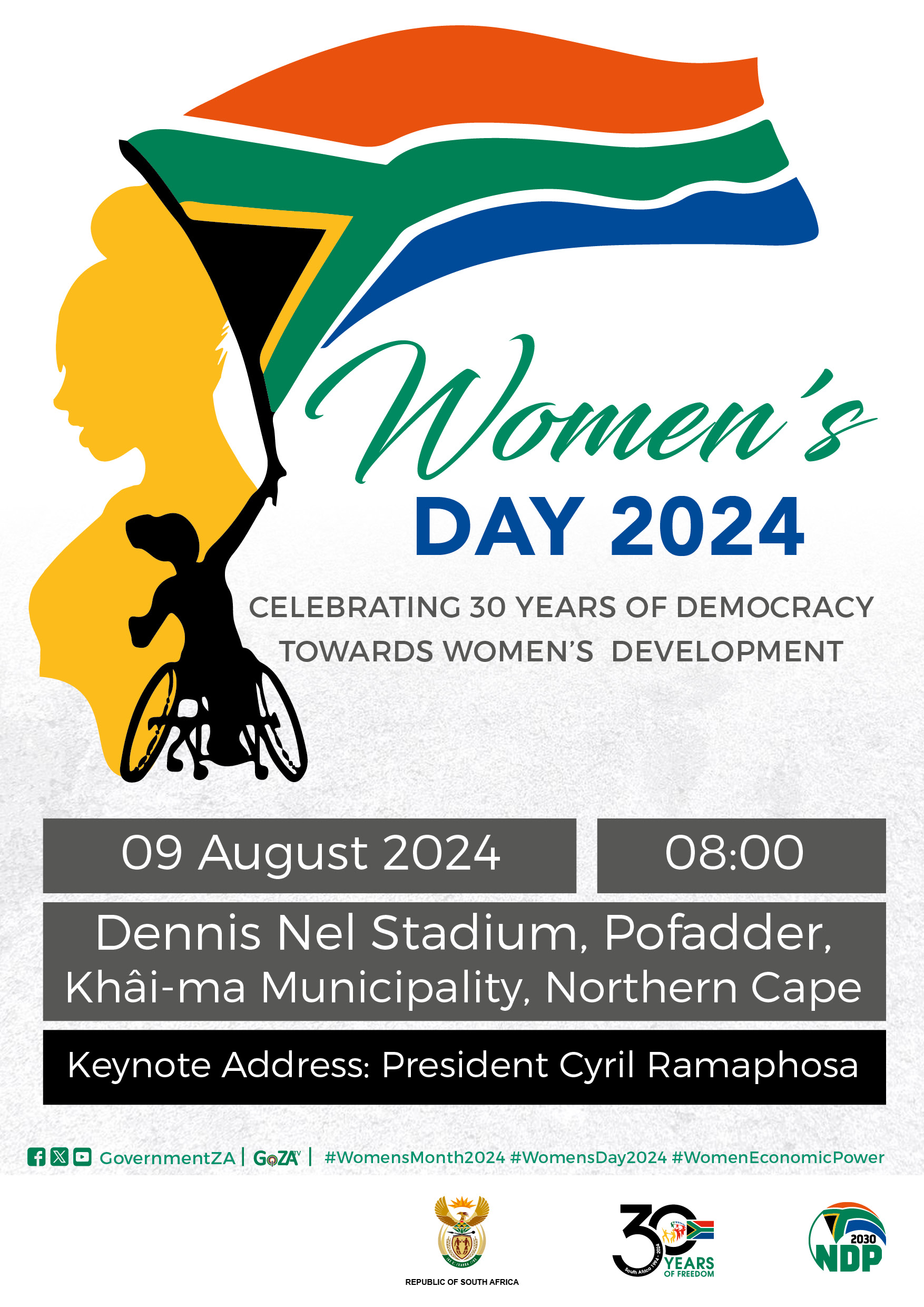
Each year on the 9th of August, South Africans of all backgrounds, races and cultural groups join together in celebrating National Women’s Day. This annual public holiday commemorates an eventful day in South Africa’s history – 9 August 1956.
What makes this day so special to South Africans? It was on the 9th of August in 1956 that a large group of women began a campaign to bring an end to the pass laws enforced by the government of the time. The pass laws meant that all black people were to carry a special “pass” or identification document which they had to produce to prove they were permitted to enter a certain area designated for white people. This was a major law of the apartheid regime and greatly restricted the freedom of movement of black people.
The campaign began when some 20,000 women marched to the Union Buildings in the City of Pretoria to protest certain proposed amendments to the pass laws or Urban Areas Act of 1950. This eventful march on 9 August 1956 was lead by Sophia Williams-De Bruyn, Lilian Ngoyi (Strijdom Square was renamed Lilian Ngoyi Square in her honor during the 2006 Women’s Day celebrations), Rahima Moosa and Helen Joseph (born in England, she was a major anti-apartheid activist). Over 100 000 signatures marked a number of petitions which were left with the prime minister at the time, J.G. Stijdom. After handing in these documents at his office they stood quietly outside for about 30 minutes. Soon the women began to sing a protest song with words which translated into “Now you have touched the women, you have struck a rock”. Indeed, these words show the immense courage and strength of these women.
National Women’s Day celebrations were instituted in 1994 and now take place annually. The 50th anniversary of the march in 2006 was marked with a re-enactment, with many who participated in the original march taking part. National Women’s Day in South Africa is held in high esteem and is a reminder of the important contributions women make to society, as well as a time to ponder the advances in women’s rights.

